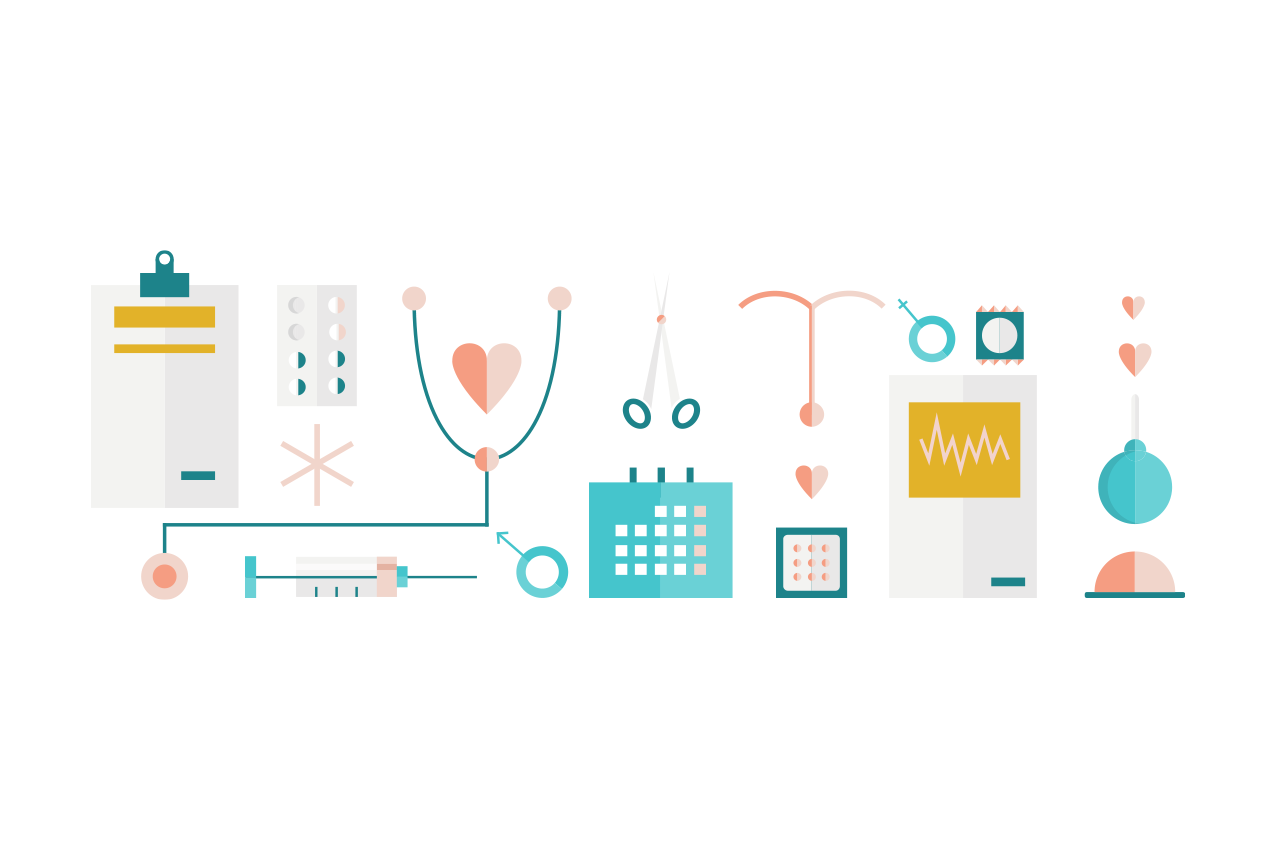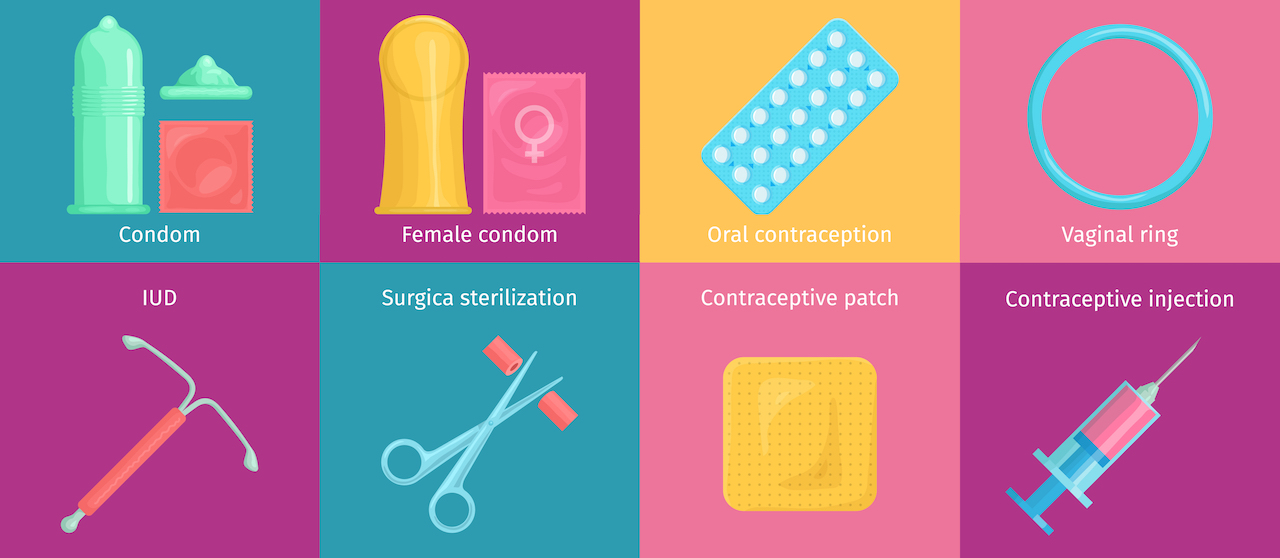The first week of September is one of the most popular weeks for unprotected sex in South Africa. We don’t know if it’s the smell of blossoms in the air, the first rays of sun or those floral skirts parading the streets, but this time of year, people everywhere are getting it on.
How do we know this? Because, come June, our hospitals will be filled to the brim with brand-spanking new babies. (It also means, if you’re a June baby, you were conceived in this very month.)
So, if you want to avoid being part of the statistics, here are three words of advice: use birth control! And if ‘contraception’ sounds like a passion-killer to you, you’ll need to weigh it up against sleepless nights, nappy-changes and preparing a small adult for their life.
Not ready for that? Then we have four (plus one back-up) ways to have adult fun, in an adult way:
1. Cover your lover
Ribbed, unribbed, strawberry-flavour, glow-in-the-dark, extra strength, extra thin and even warming condoms: the latex industry sure knows how to turn protection into a sport (or a circus). If there’s one thing you can’t say, it’s that condoms will make sex boring. If anything, it opens up whole new levels of experience.
You can even take turns wearing the ‘glove’. Yes, gents – there are also female condoms and diaphragms available. Just take note: it’s not as comfortable or effective as a male condom.
2. One-a-day
No, we’re not talking about apples here. Although an apple a day won’t keep the doctor away; a tablet a day will prevent babies – 99,9% of the time. Yes, that is not a typo. If you take the pill every day, you only have a 1 in 1000 chance of falling pregnant.
So what about your neighbour and her cousin and who fell pregnant while on the pill? Although the drug itself is almost 100% effective, omen aren’t nearly as effective at taking them every single day, which brings us to our next option:
3. Fit and forget
It’s one of the simplest, least painful procedures, and can last you up to 5 years. The IUD (or intrauterine device) is a small T-shaped device that the doctor inserts into your uterus. They are
- effective at preventing pregnancy
- have almost no side-effects (unlike the pill)
- can be taken out once you’re ready to welcome another bundle of joy into your life.
There you have it: three fantastic reasons to pick up your phone right now, and book an appointment with your Gynae.
4. Closing the factory
Then, of course, there are the more permanent options: vasectomy for the men, or tubal ligation for the women. These operations have low-risk, quick recovery, and permanent results.
This is the best option if you’re at the stage of life where you can’t imagine another run of nappies, school-fees, teenage drama and study loans. When your family is at capacity, just go for the snip. Then you can rekindle those flames of passion from B.C. (Before Children) with zero worries.
EEK! The condom broke!
When all else fails, the morning after pill is an effective (but controversial) back-up plan, available at most pharmacies. Just remember to take it as soon as possible after unprotected sex: no later than 5 days.
Here are some classic situations where you may need it:
- you’re reading this article the morning after, and did not use protection last night
- you didn’t check the expiry date on your condom, and it broke
- you forgot to take the pill yesterday and the day before (set reminders on your phone!)
- you’ve been vomiting or had diarrhoea while on the pill
So, while spring is in the air, and love is all around, rubber-up, pop a pill or snip. Just don’t get caught with your pants down!








